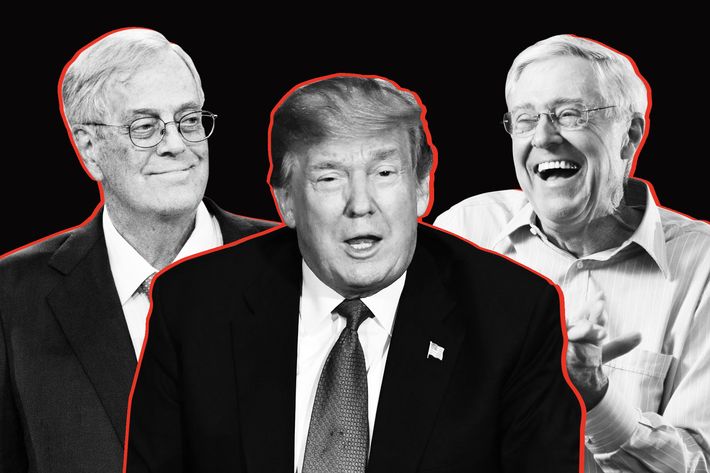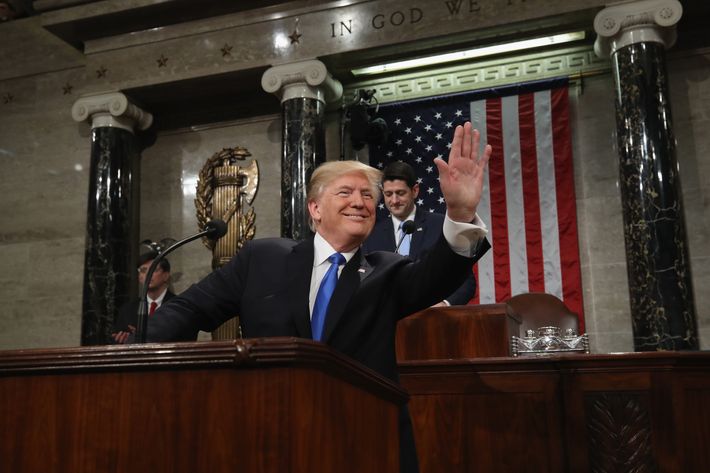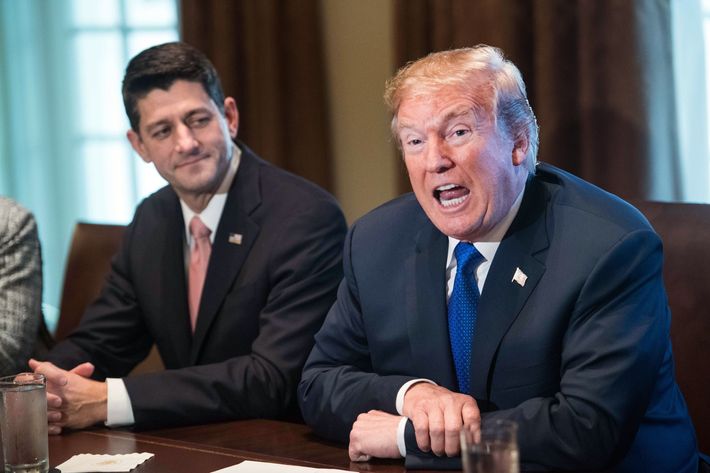- Doctors should improve at giving their patients guidance and sympathy when they are facing death. Doctors should talk honestly about death with their patients.
- People live longer than ever before. Most deaths used to occur in the home; now, death is handled by medical professionals. Why the change?
- Old age used to be rare. Those who survived to old age commanded respect in society as keepers of tradition and knowledge. Now, old age is not rare. People can get knowledge from technology, like computers. Consequently, veneration of old age has been replaced by veneration of the independent self. People are more independent than before and move farther away from home as adults, becoming less reliant on family.
- The primary view on how we age is that we wear down over time. Essentially, parts of us begin to fail; eventually, there are too many failing parts to overcome.
- Early in the twentieth century, many people lived in poorhouses. Although nursing homes and assisted living facilities are a modern day better option, they are often disliked by the elderly. The reason is that it is not “home” to them. They are unable to live their lives as before, with the comforts and routines they are used to. In nursing homes and assisted living, people lose control over their lives and instead live in controlled, sterile environments. Their care controls them instead of their controlling their care.
- “For most of our species’ existence, people were fundamentally on their own with the sufferings of their body. They depended on nature and chance and ministry of family and religion. Medicine was just another a tool you could try, no different from a healing ritual or a family remedy and no more effective.” However, in the middle twentieth century, advances in medicine gave people hope that medicine could cure them.
- With social security, people had the financial means to move out of poorhouses. However, poorhouses remained populated because they housed many people who were physically unable to live independently. Over time, society shifted people from poorhouses to hospitals. Hospitals, however, couldn't meet the demands of so many people. The result was that nursing homes were created.
- The first assisted living facility opened in 1983. The founders wanted a place where the elderly controlled their care. Over time, however, it fell into the same problems of bureaucracy.
- Research shows that giving elderly in nursing homes a reason to live can extend their lives and reduce their dependence on prescription drugs. The three plagues of elderly living are: boredom, loneliness, and helplessness. Eradicating these can drastically improve the lives of the elderly.
- Eldercare should be about not only making their lives safe, but also making their lives meaningful.
- 25% of Medicare costs are for the 5% of patients in the final year of their life. Medical costs are often enormous in the last few months of patients’ lives. Why spend so much money on someone who will only die? At what point should treatment be stopped?
- Studies show that patients who have discussions with their doctors about end-of-life care are more likely to die with peace and in control of their situation and less likely to undergo potentially wasteful treatments.
- Scholars posit three stages of health care, corresponding to the development of the country’s economy. First, when the economy is poor, most deaths occur in the home. Second, as incomes rise, people can afford access to medical care and go to the hospital. Deaths occur predominantly in the hospital. Lastly, as incomes reach their highest levels, the trend reverses and people die in the home because they care about their quality of life. In the U.S., most people died in the home up to 1945. Then, into the 1980s, it was hospitals. Now, people are returning to the home to die.
Donald Trump’s Presidency Is the Libertarian Moment

When Donald Trump first emerged as a genuine threat to seize the Republican nomination, Charles and David Koch represented the epitome of elite right-wing opposition to the populist interloper. They fretted his discriminatory agenda would “destroy free society” and froze Trump out of their confabs. In return, Trump mocked their allied politicians as “puppets.”
The evolution of the Koch brothers’ disposition toward Trump can be traced in headlines measuring their gradual warming. See February 2016: “Can the Koch Brothers Stop Trump?”; January 31, 2017: “The Koch Brothers Are Worried About President Trump”; May 18, 2017: “The Koch Brothers Found One Thing They Hate More Than President Trump”; and, now, to the present: “How the Koch Network Learned to Thrive in the Trump Era.”
The latest development in the relationship between the Kochs (right-wing heirs to a business fortune) and Trump (also the right-wing heir to a business fortune) is that the former have thrown the weight of their massive organization unhesitatingly behind the latter. Largely satisfied with Trump’s conservative judicial appointments, lax regulation of business, and regressive tax cutting, the Kochs are spending several hundred millions of dollars to protect the Republican majority. Whatever points of contention remain between the two have been reduced to squabbles between friends.
The Koch rapprochement mirrors a broader trend: Among the conservative intelligentsia — where resistance to Trump has always run far deeper than it has among the Republican rank and file — libertarians have displayed some of the greatest levels of friendliness to the Trump administration. The Wall Street Journal editorial page is a bastion of pro-Trump conspiracy-theorizing about nefarious deep-state plots, in addition to celebrations of the administration’s economic record. Grover Norquist, Stephen Moore, and Ron and Rand Paul, among others, have all staunchly defended the president.
To be sure, some libertarians have dissented fiercely. The Niskanen Center has nurtured a cell of moderate libertarians that has lobbed attacks on the administration and its allies. But Niskanen’s rejection of Trump has come alongside a broader rejection of the priorities of the politically dominant wing of libertarian politics; they have criticized Trump for the same reasons most libertarians have supported him.
Four years ago, a New York Times Magazine story predicted the onset of a “libertarian moment” in American politics. There was never any such movement among voters; indeed, the support Trump generated from his promise of terrific health care for all — plus closed borders, protectionism, and the maintenance of racial and gender hierarchies — reveals that the true unsatisfied demand in American politics was the opposite of libertarianism. Instead, libertarian influence has come in the form of deeply partisan Republican financial and political elites.
The now-close working partnership is not as surprising as it might appear. Before the election, I argued that the Republican party was evolving into a synthesis of libertarian ends and authoritarian means. The party’s core elites were motivated by an economic agenda that bore little support among the voting public. Indeed, libertarians have understood this problem for decades; many of them see democracy as a process that enables the majority to gang up on the rich minority and carry out legalized theft through redistribution. Their highest notion of liberty entails the protection of property rights from the democratic process, and they have historically been open to authoritarian leaders who will protect their policy agenda.
“The key is the libertarian idea, woven into the right’s ideological DNA, that redistribution is the exploitation of the ‘makers’ by the ‘takers.’ It immediately follows that democracy, which enables and legitimizes this exploitation, is itself an engine of injustice,” wrote Will Wilkinson, one of the dissident libertarians working at the Niskanen Center, last month. “The outsize stakes seem to justify dubious tactics — bunking down with racists, aggressive gerrymandering, inventing paper-thin pretexts for voting rules that disproportionately hurt Democrats — to prevent majorities from voting themselves a bigger slice of the pie.” The Kochs are emblematic of the sorts of libertarians Wilkinson identifies.
The Post notes that Koch officials “now tread carefully” on trade and immigration, policies where they maintain some doctrinal differences with the administration. On these issues — which split the GOP generally — the administration has itself vacillated almost daily, so that neither faction within the party feels alienated. This has enabled them to concentrate on their points of unanimity, especially their broad defense of business and inherited wealth.
You would think a libertarian might have some deep-seated qualms about leaving untrammeled executive power in the hands of an obviously ruthless and autocratic leader like Trump. The only practical way to restrain Trump’s efforts to carry out massive personal corruption and turn federal law enforcement into a political weapon under his control would be to help Democrats regain one or more chambers of Congress, so they could conduct oversight and act as a check on the executive branch. But the Kochs are committed to doing just the opposite: The highest priority of their political action this year is maintaining Republican control of Congress, which will enable Trump to escape meaningful oversight.
The Kochs have presented this choice as a kind of nonpartisan idealism. “We have now increasingly followed the philosophy that made Frederick Douglass such an effective social-change entrepreneur,” Charles Koch announced. “And that is, as he put it, ‘Unite with anybody to do right, and no one to do wrong.’ ” But that isn’t quite accurate. They could still work with Republicans without spending hundreds of millions of dollars to maintain their hammerlock on power. They could, indeed, support Democrats while still working with both parties issue by issue. Their priority is aiding the party that shares their view of the primacy of protecting the makers from the takers.
This is a perfectly predictable outgrowth of an Ayn Rand–inflected movement. The alliance between the Kochs and Trump exists not despite their libertarian ideology, but because of it.

